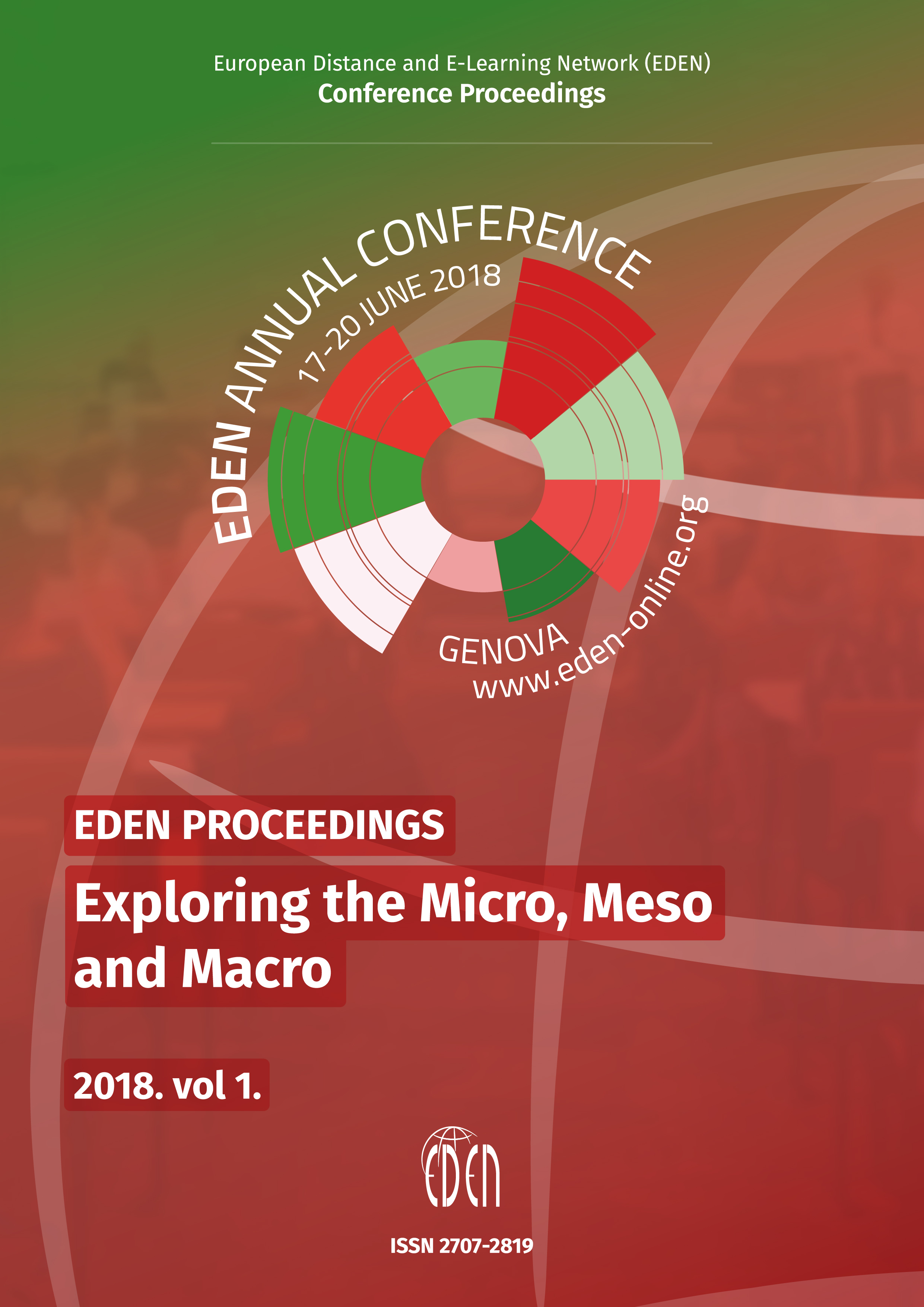The Role of Public Libraries to Support Formal Education Using Smart Technologies
The Role of Public Libraries to Support Formal Education Using Smart Technologies
Author(s): Sara Al Marzooqi, Abtar Darshan Singh, Edward RobeckSubject(s): Social Sciences, Education, Higher Education
Published by: European Distance and E-Learning Network
Keywords: Collaborative learning; Communication and learning; Corporate - academic partnerships; E-learning in schools; Educational systems and structures; Learner needs; perceptions and motivations;
Summary/Abstract: The Ministry of Education (MOE) in the United Arab Emirates (UAE) is facing a challenge to develop the 21st century skills of learners as well as knowledge in the five domain areas of Science, Technology, Engineering, Arts and Mathematics (STEAM) and high achievement of international standardised examinations such as PISA and TIMSS. The challenge could be due to time, space, monetary and probably expert limitations within schools. As such, there is a role for librarians to play to assist curriculum needs in schools and the national education agenda of the UAE. Elements of this role include immersive learning, personalised learning, community partnerships and collaborative leadership to meet educational priorities. The increasing need for the librarian to assume the role of a collaborator to support the above is becoming more apparent as noted in a few emergent studies (Greef, 2017; Hovious & van Eck, 2015). Libraries play a fundamental role in public life; they are more than just a place stacked with books that are read for recreation or by researchers who have a mission to accomplish (McMenemy, 2012).Public libraries nowadays have specialised instructional and project-focused spaces that are hubs for life-long-learning, social interactions and professional development. The shift in vision took place after the development of smart technologies that made learning through electronic devices much easier, impactful and accessible. Digital books are now available to read anytime anywhere without having to worry about the number of heavy books one should carry on the way to work or leisure. Public libraries have adopted this innovative digital wave by using smart technologies to provide electronic databases and social activities that merge fun with learning.However, the role could be extended further to work closely with schools in systemic ways that enable both entities to reach higher goals. By partnering with libraries, schools can extend the supportive educational system in terms of location and time (e.g., when schools are typically closed), which will work to empower teachers and students. There have been some spontaneous attempts in this regard by teachers themselves. However, these efforts tend to be isolated and limited in scope. A more extensive and rigorous as well as controlled system that could be shared by all stakeholders, including students, teachers and parents. Such a coordinated approach, with the ultimate goal of providing the opportunity for students to be effective knowledge-contributors, is shared in this paper with an emphasis on STREAM education (i.e.Science, Technology, Reading, Entrepreneurship, Arts and Mathematics). These are skills and competencies that are appropriate for students in the UAE. The proposed program also emphasizes collaborative leadership skills among teachers as instructional leaders that can be capitalised upon by establishing school-library partnerships.
Journal: European Distance and E-Learning Network (EDEN) Conference Proceedings
- Issue Year: 2018
- Issue No: 1
- Page Range: 261-270
- Page Count: 10
- Language: English

